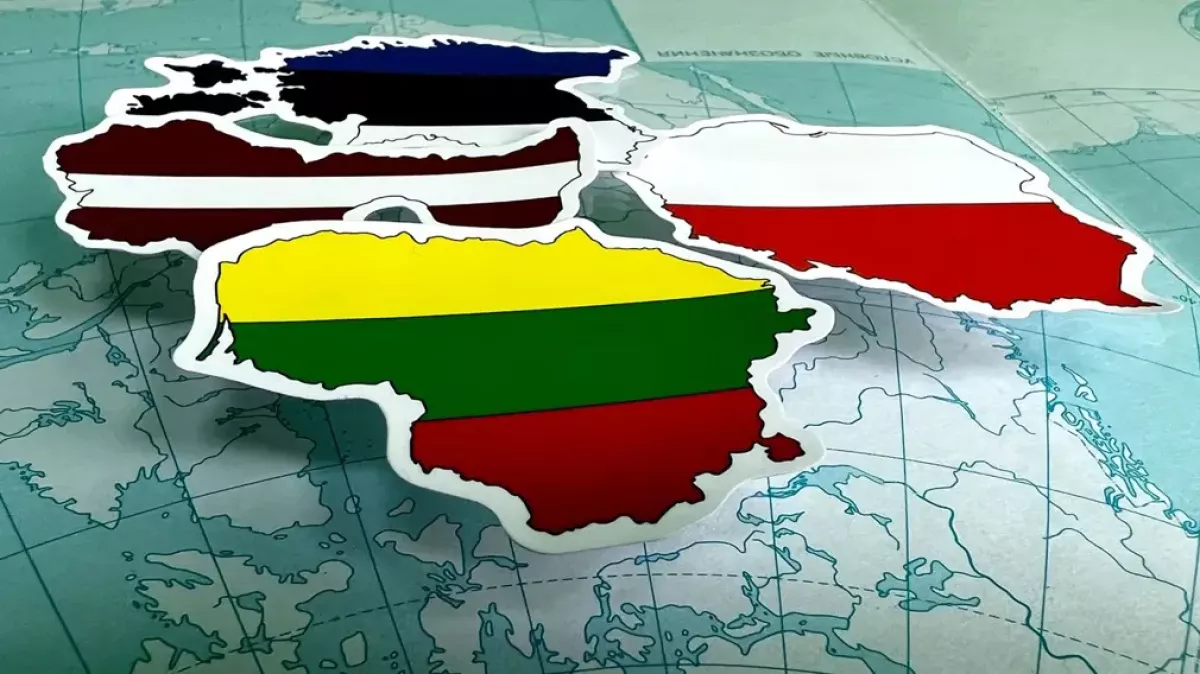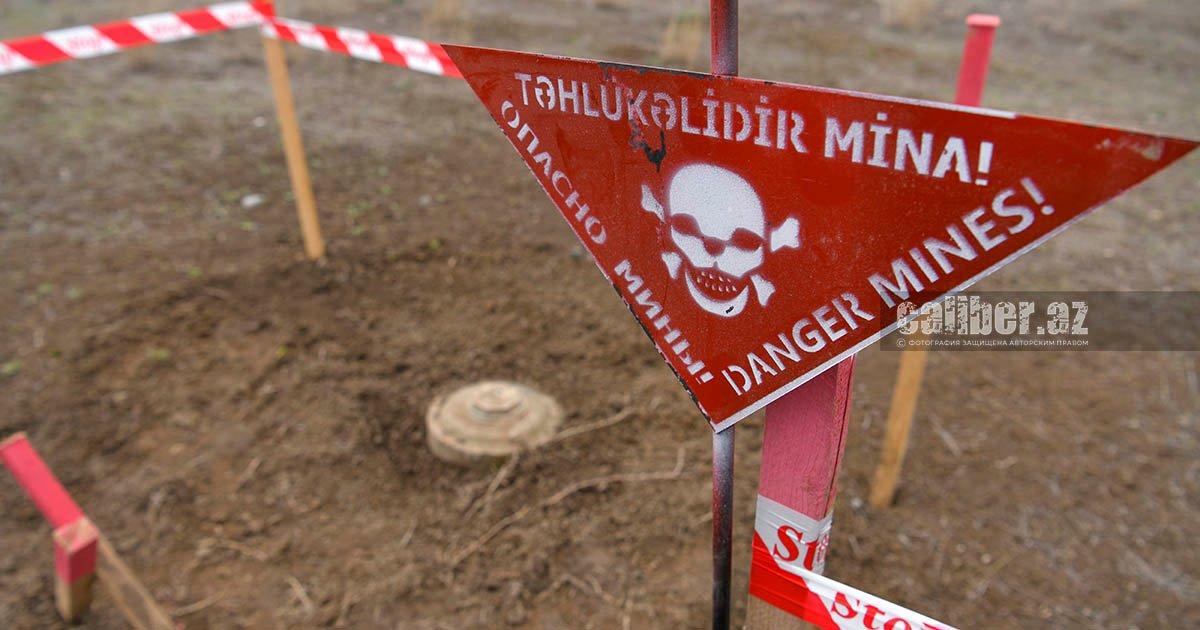What does withdrawing from the Ottawa Convention mean? Europe steps on mines
On March 18, amid escalating tensions between Russia and the West, several European countries — Finland, Poland, Latvia, Lithuania, and Estonia — announced their readiness to withdraw from the 1997 Ottawa Convention, which bans anti-personnel landmines. This move is attributed to the sharp deterioration of security, especially after Russia's invasion of Ukraine.
“We believe that in the current security environment it is paramount to provide our defence forces flexibility and freedom of choice to potentially use new weapons systems and solutions to bolster the defence of the Alliance’s vulnerable Eastern Flank,” stated a joint declaration by the defense ministers of Poland, Estonia, Latvia, and Lithuania.
The Finnish government also announced plans to withdraw from the global convention. “Withdrawing from the Ottawa Convention will give us the possibility to prepare for the changes in the security environment in a more versatile way,” said Prime Minister Petteri Orpo. Notably, Finland was the first European country to formally initiate the withdrawal process back in November 2024.

However, not all of Poland, Finland, and the Baltic states' neighbors approve of their decision. Norway's Minister of Foreign Affairs, Espen Barth Eide, called Finland’s planned withdrawal from the Ottawa Convention on the ban of anti-personnel landmines "regrettable." “Our Finnish colleagues are well aware of our stance on this issue. Anti-personnel mines are weapons that, in many conflicts, strike indiscriminately and cause great humanitarian suffering, even decades after a conflict has ended,” emphasized the Norwegian diplomat. He also added that renouncing such commitments weakens the international system related to landmines and could encourage their return to the arsenals of armed conflicts worldwide.
Despite the fact that this involves only five European countries, the consequences of such decisions extend far beyond these specific states. There is a clear trend towards revising established humanitarian principles developed by the global community in response to the horrific consequences of mine-related conflicts.

What is the Ottawa Convention?
In October 1996, at the initiative of the Canadian government, an international conference was convened to impose a complete ban on the production and use of anti-personnel mines. In December 1997, the Ottawa Convention was signed in Ottawa by representatives from 122 countries, banning the use, stockpiling, production, and transfer of anti-personnel mines and requiring their destruction. The convention came into force on March 1, 1999. Today, 165 countries are parties to the Ottawa Convention. However, three permanent members of the UN Security Council — China, Russia, and the United States — have refused to sign the treaty.
Nevertheless, for many years, the Ottawa Convention has been regarded as one of the most significant humanitarian initiatives by the international community aimed at banning anti-personnel mines. Despite occasional inefficiencies, the document has become a symbol of collective efforts to protect civilians from the long-term threat posed by landmine weapons. The convention symbolized the recognition of the landmine threat — primarily to civilian populations. Anti-personnel mines continued to kill people decades after conflicts had ended. This became the key argument in favor of their prohibition. Even more troubling today is the fact that under the pressure of geopolitical realities, the norms developed by humanity after thousands of tragedies are starting to lose their binding force.
Azerbaijan is one of the countries that can attest to the devastating consequences of the landmine threat not at a theoretical level but through national experience. For three decades, the country suffered from the widespread mining conducted by Armenia in the occupied territories. After the Second Karabakh War in 2020, Azerbaijan faced one of the largest humanitarian challenges of modern times — the demining of the liberated areas. Tens of thousands of square kilometers remain hazardous. Since November 2020, following the Second Karabakh War, 392 people have been killed or injured as a result of landmine explosions and unexploded ordnance planted by Armenia. Despite this, Armenia has ignored all calls from Baku for the handover of landmine field maps. Even partial information was provided only under pressure from the Azerbaijani side. This deliberate disregard for humanitarian norms further exacerbated the consequences of the conflict. The landmine threat has become not only a military but also an ethical issue — a question of the attitude toward life, security, and the right of civilians to return to their homeland.

Therefore, the discussion of anti-personnel mines in the international agenda today cannot be held without considering the Azerbaijani case. When Finland, Poland, and the Baltic states speak about the right to use mines, they view the issue through the lens of defense. Azerbaijan, however, knows the consequences of when such means are used without any restrictions or control. We have seen how mines become tools of terrorism, targeting civilians, farmers, construction workers, and children.
Today, the world faces a moral choice. A return to the practice of using mines under the pretext of a "new reality" could mean opening Pandora’s box. If one group of countries abandons agreements, others may well follow suit — and not necessarily for defensive reasons. The consequences for post-conflict territories and civilian populations will be devastating.
Azerbaijan, as a country still suffering from the landmine threat, has every right to remind the international community of these consequences. Humanitarian principles cannot be selective. If the right to security means the right to landmines, it would signify that humanity has regressed.








